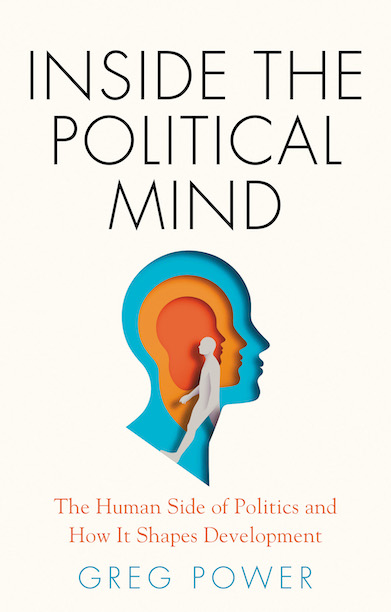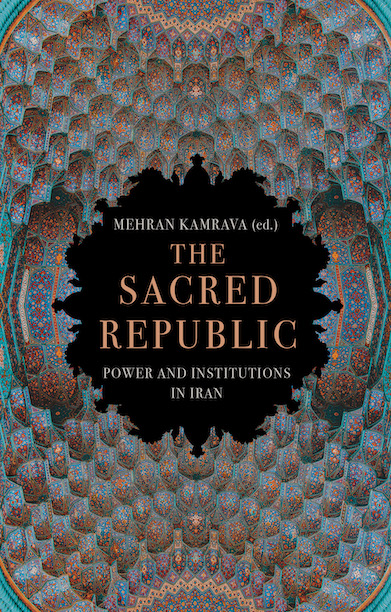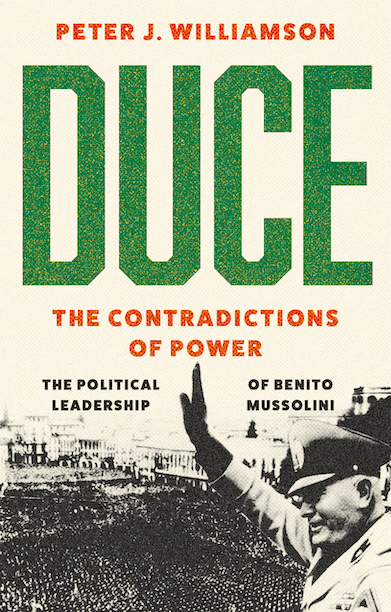Weapon of Choice
Small Arms and the Culture of Military Innovation
The choice of weapons used by armies has often been determined as much by politics, the machinations of the arms industry and a race to innovate, as it has by military expediency.
Description
This book examines Western military technological innovation through the lens of developments in small arms during the twentieth century. These weapons have existed for centuries, appear to have matured only incrementally and might seem unlikely technologies for investigating the trajectory of military–technical change. Their relative simplicity, however, makes it easy to use them to map patterns of innovation within the military–industrial complex. Advanced technologies may have captured the military imagination, offering the possibility of clean and decisive outcomes, but it is the low technologies of the infantryman that can help us develop an appreciation for the dynamics of military–technical change.
Tracing the path of innovation from battlefield to back office, and from industry to alliance partner, Ford develops insights into the way that small arms are socially constructed. He thereby exposes the mechanics of power across the military–industrial complex. This in turn reveals that shifting power relations between soldiers and scientists, bureaucrats and engineers, have allowed the private sector to exploit infantry status anxiety and shape soldier weapon preferences. Ford’s analysis allows us to draw wider conclusions about how military innovation works and what social factors frame Western military purchasing policy, from small arms to more sophisticated and expensive weapons.
Reviews
‘Creative and well-researched . . . an important point of reference for future work in the field . . . [the author must] be commended for his mastery of the technical details of small arms functioning and design . . . [a] fine book’. — International Affairs
‘Ford demonstrates an impressive ability to bring together the engineering of small arms with the meanings attached to guns and with the competitive marketing efforts of the makers to explain how and why countries develop particular weapons. This melding of disciplines not only provides keen insights into the evolution of small arms but makes a major contribution to our understanding of the dynamics of military innovation. Altogether, it makes for a fascinating book.’ — Stephen Saideman, Paterson Chair in International Affairs, Norman Paterson School of International Affairs, Carleton University
‘Matthew Ford makes the case for placing small arms at the centre of how we think about contemporary security challenges. He rightly argues that “Guns aren’t just weapons; they are also status symbols.” By looking at small arms development in this way, Ford opens up a much broader analysis of power relations within the military and with its industrial partners. He sheds new light on NATO’s emerging defence industrial policy, the relationship between battlefield tactics and bureaucratic politics, and the impact of commercial factors on civil-military relations. Weapon of Choice is an essential addition to the literature on technology and war.’ — Huw Bennett, Reader in International Relations, Cardiff University
‘A deep yet accessible critical analysis of the byzantine world of military procurement and the real driving forces behind it. Readers will no doubt be surprised to discover, despite the billions spent on solicitation, trial, evaluation and issue, just how much politics, individual preference, and even prevailing fashions influence the weapons that actually end up in the hands of soldiers.’ — Jonathan Ferguson, Curator of Firearms, Royal Armouries Museum
‘A wide-ranging, ground-breaking book that brilliantly fuses discussion of small arms technology with the history of culture and ideas.’ — Daniel Todman, Senior Lecturer, Department of History, Queen Mary University of London
‘Getting away from primitive monocausal explanations and simplistic models, Matthew Ford draws on multiple theoretical explanations to explain the complex and interactive process of military innovation and defence procurement which shifts over time and space. Compellingly written and persuasively argued, this book will be a central point of reference.’ — Beatrice Heuser, Chair of International Relations, University of Reading
‘In Weapon of Choice, Matthew Ford deftly shows us the multiplicity of perspectives, choices and influences that have shaped the historical development of small arms. His work makes an important contribution to the exciting, and growing, intersection of critical security studies and science and technology studies.’ — Brian Balmer, Professor in Science Policy Studies, University College London
‘A lucidly written story of how powerful organisational and industrial interests, shaping and sometimes twisting analysis for their own purposes, prevailed in fielding military rifles ill-suited to the needs of modern combat. Ford’s cautionary tale should make us sceptical of the strident claims of effectiveness attached to weapons much more complex and expensive than small-arms.’ — Thomas L. McNaugher, Senior Visiting Professor, Georgetown University, and author of New Weapons Old Politics
Author(s)

Matthew Ford is Associate Professor in War Studies at the Swedish Defence University. The author of War in the Smartphone Age and Weapon of Choice and co-author of Radical War (all published by Hurst), he was the founding editor of the British Journal for Military History. His research focuses on technology and the conduct of war.






